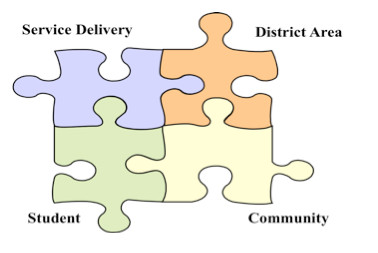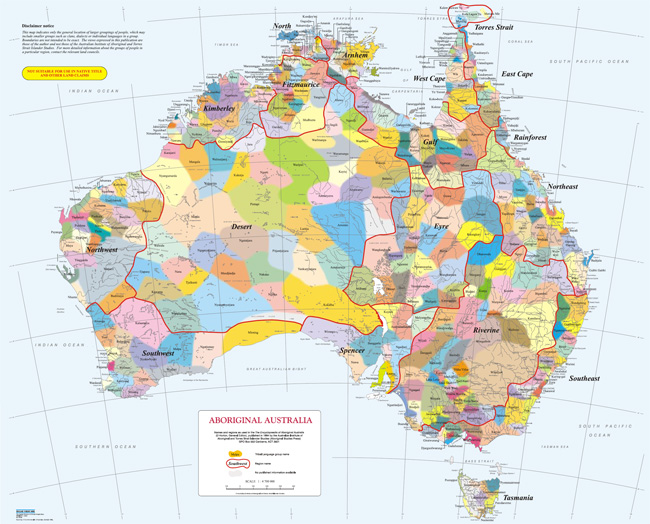Comments will be shown here:
Questions on Video
| How are Totems gained? | |
| Author: Lynette |
| How does sharing a Moiety and Totem strengthen bonds and relationships between individuals? | |
| Author: Lynette |
| How do sharing Moieties and Totems strengthen bonds and relationships across Clans and Nations? | |
| Author: Lynette |
Kinship Level 2 - Totem
Extra sources:
Kooris Come in All Colours by Carol Kendall
I know I'm a Koori I've learned from my kin but sometimes I'm questioned on the colour of my skin. I'm questioned on this by both black and white my culture and identity are my legal right. My Aboriginality I've searched for, so long but doubts of others make it hard to belong. If you wouldn't make judgements on just what you see then maybe by chance you'll see the real me.
Kooris Come in All Colours by Carol Kendall

StakeHolder Engagement

Honouring our strengths - moving forward
Honouring our strengths - moving forward
Abstract: Persistent perceptions of deficit and conflict have characterised and constrained the history of relations between Aboriginal and non-Aboriginal Australians since contact. The success of their saturation is apparent in a continuing approach that presents the response to Aboriginal needs in terms of health and education 'gaps'; 'the Aboriginal problem', 'mainstreaming (making them more like us)' or 'interventions' (and all the lack of ability that such a word implies). Language in programs and the underlying approach to address very real health, economic and social need continues to carry (and replicate) an implicit assumption of deficit and a positioning of the locus of control away from Aboriginal people (i.e. service 'delivery' instead of service 'access'). This paper recognises that an erosive mindset of deficit perceptions of Aboriginality is also being widely adopted by Aboriginal people by ourselves and other Aboriginal people - that if un-discussed will continue to impact on the Aboriginal struggle. This paper will unpack an Aboriginal framework (Engoori) that can reconnect people and reignite authentic community engagement discussions.
Author: Reference Group





 With the exception of the Commonwealth Coat of Arms, and where otherwise noted, all material presented in this document is provided under a
With the exception of the Commonwealth Coat of Arms, and where otherwise noted, all material presented in this document is provided under a